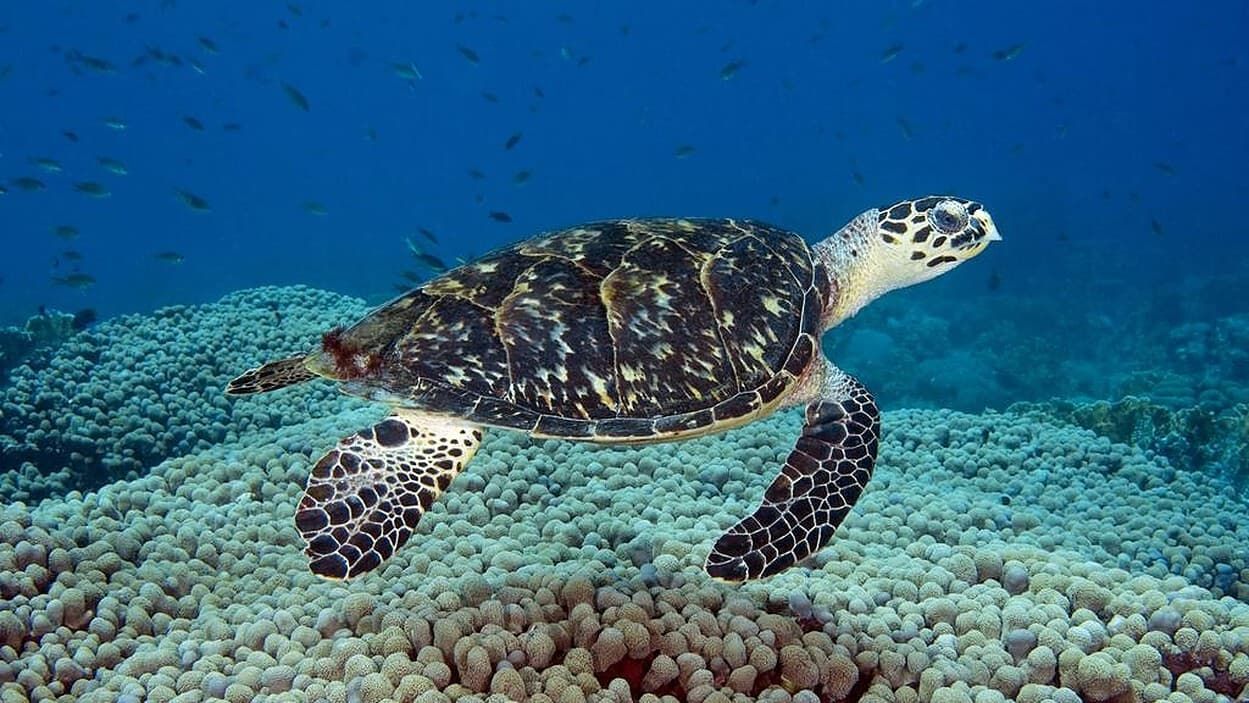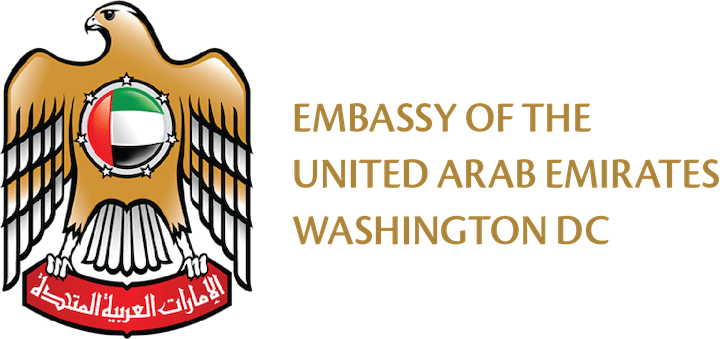Building on five decades of strong energy and environmental cooperation, the UAE and the US are leading the global energy transformation. With a commitment to mutual economic growth, energy security, and technological advancement, energy collaboration forms a significant component of the UAE's $1 trillion economic relationship with the US.
The UAE plans to scale its existing $70 billion investment in the US energy sector to $440 billion by 2035. This capital deployment is expected to generate $29 billion in annual economic impact and support 470,000 American jobs.
Recognizing that energy and sustainability are vital for growth and economic opportunity, the UAE and US are also spearheading solutions to the world’s most pressing environmental issues, including water scarcity, food security, and coastal preservation.
UAE-US Strategic Partnerships
In partnership with the private sector, the UAE and US are investing in energy transformation, agricultural innovation, and global water initiatives.
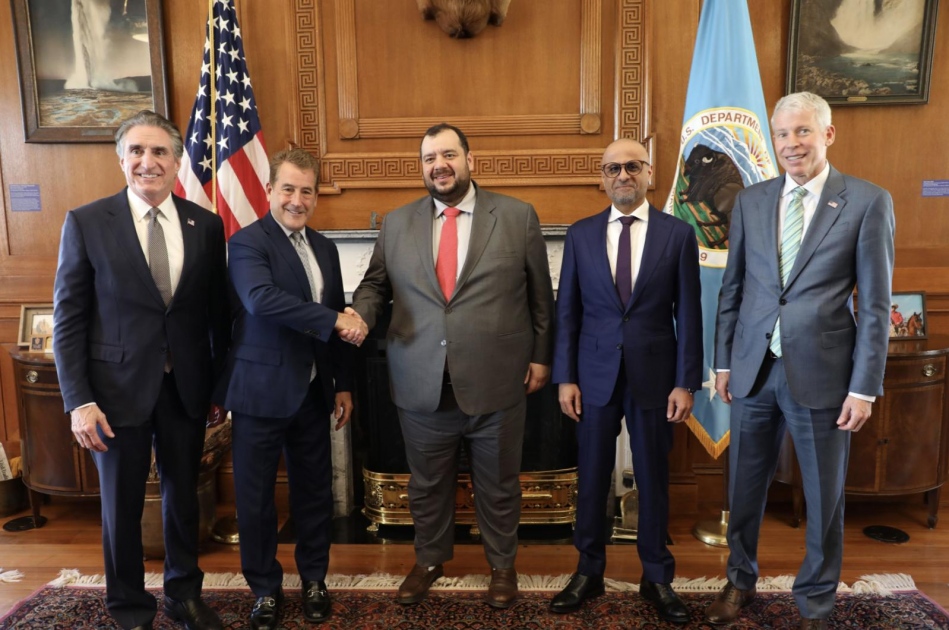
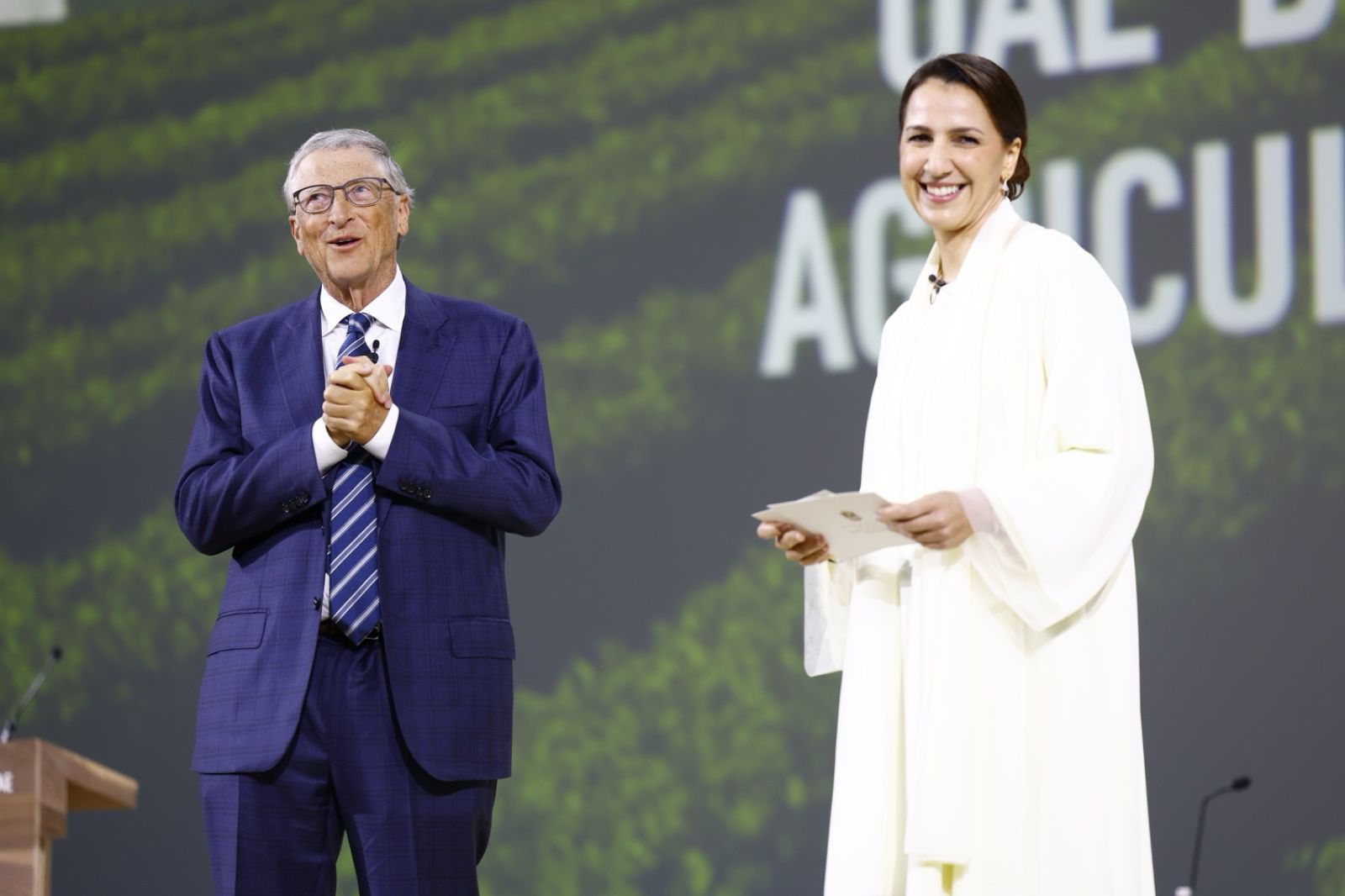
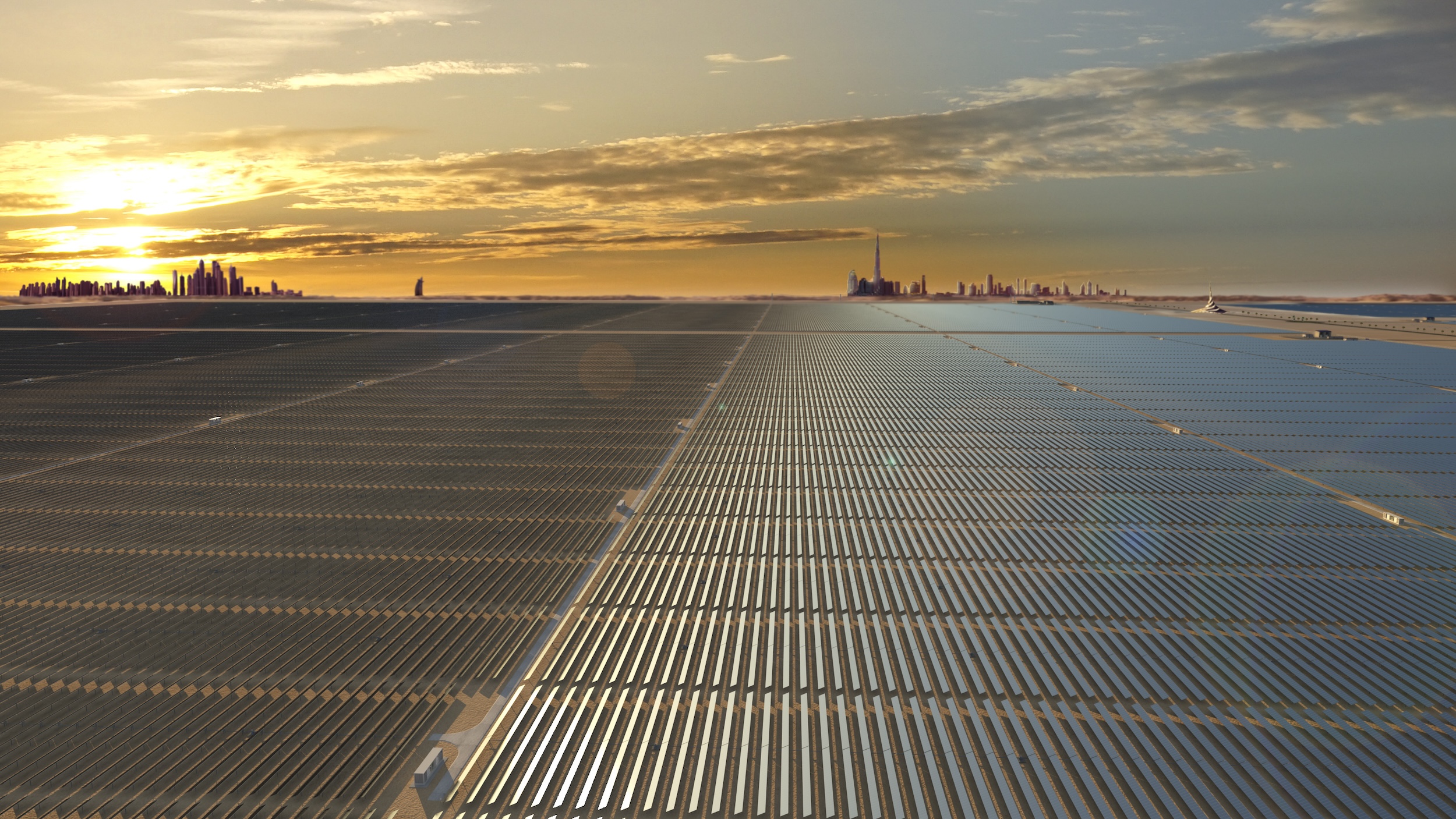
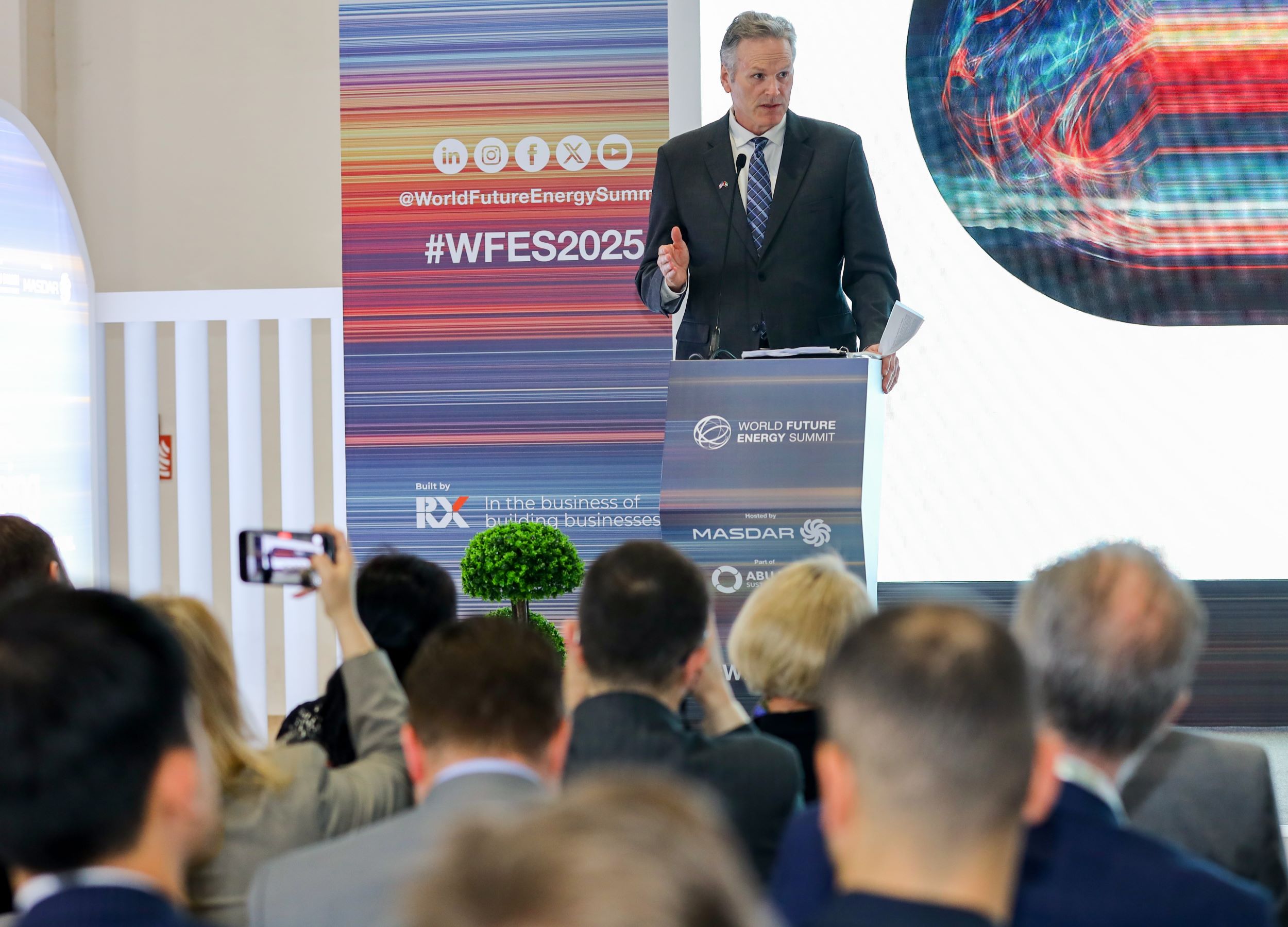
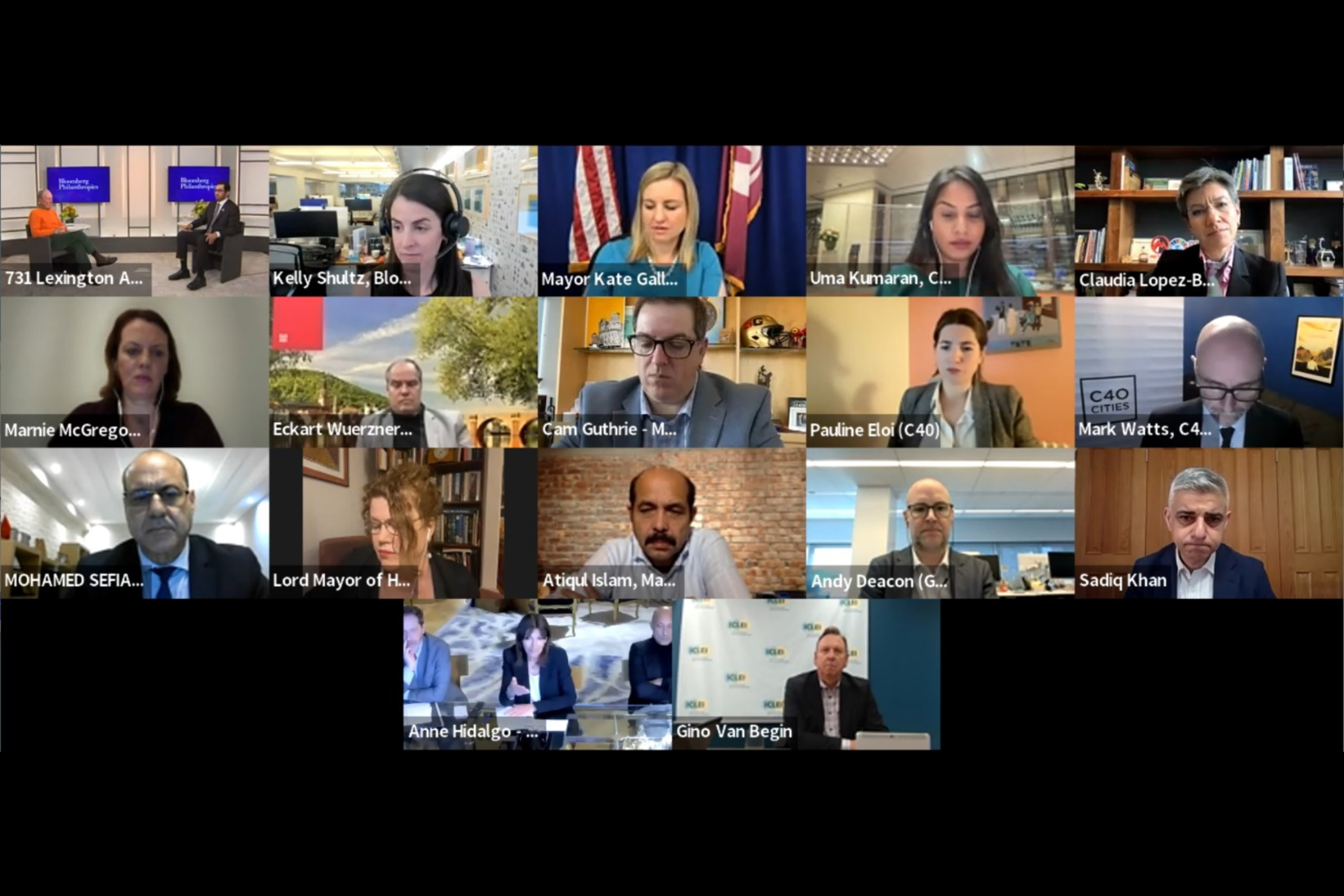
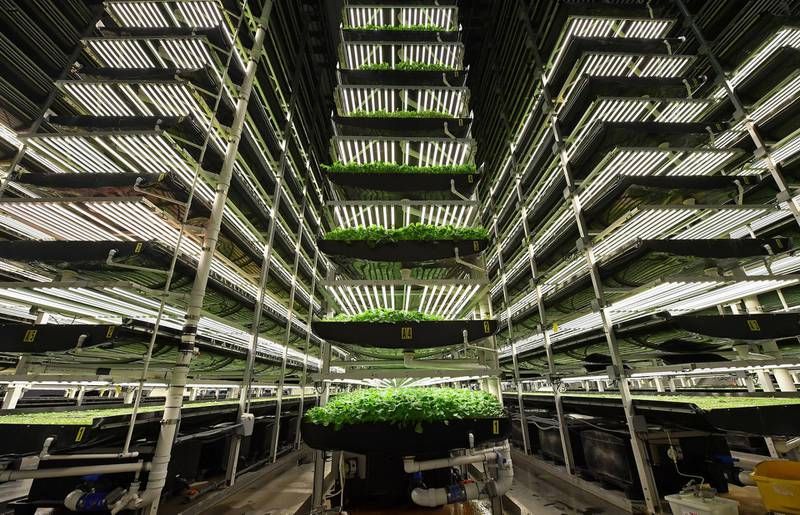
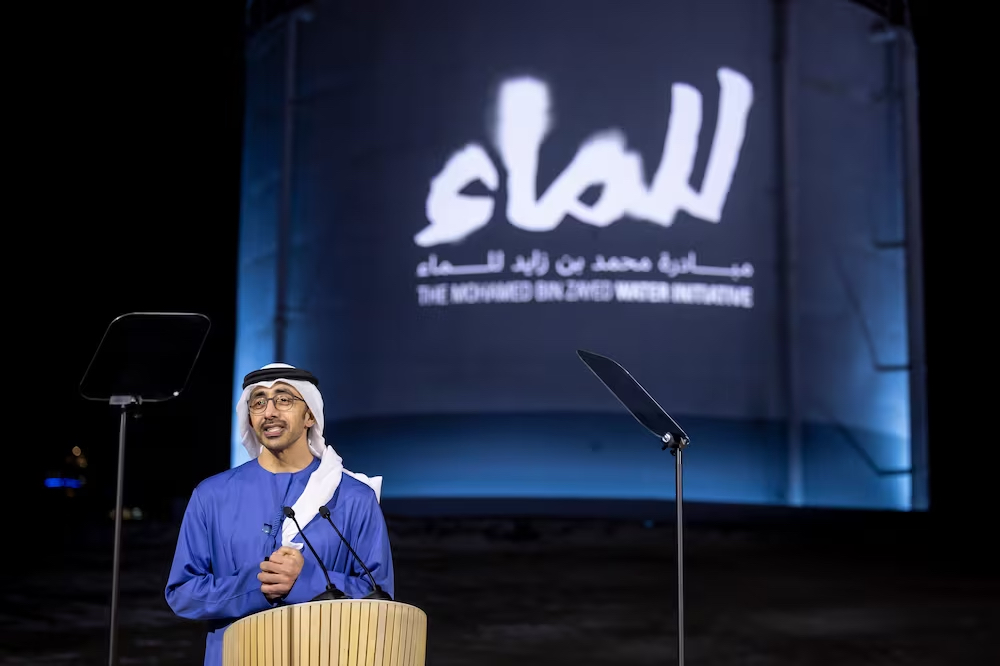
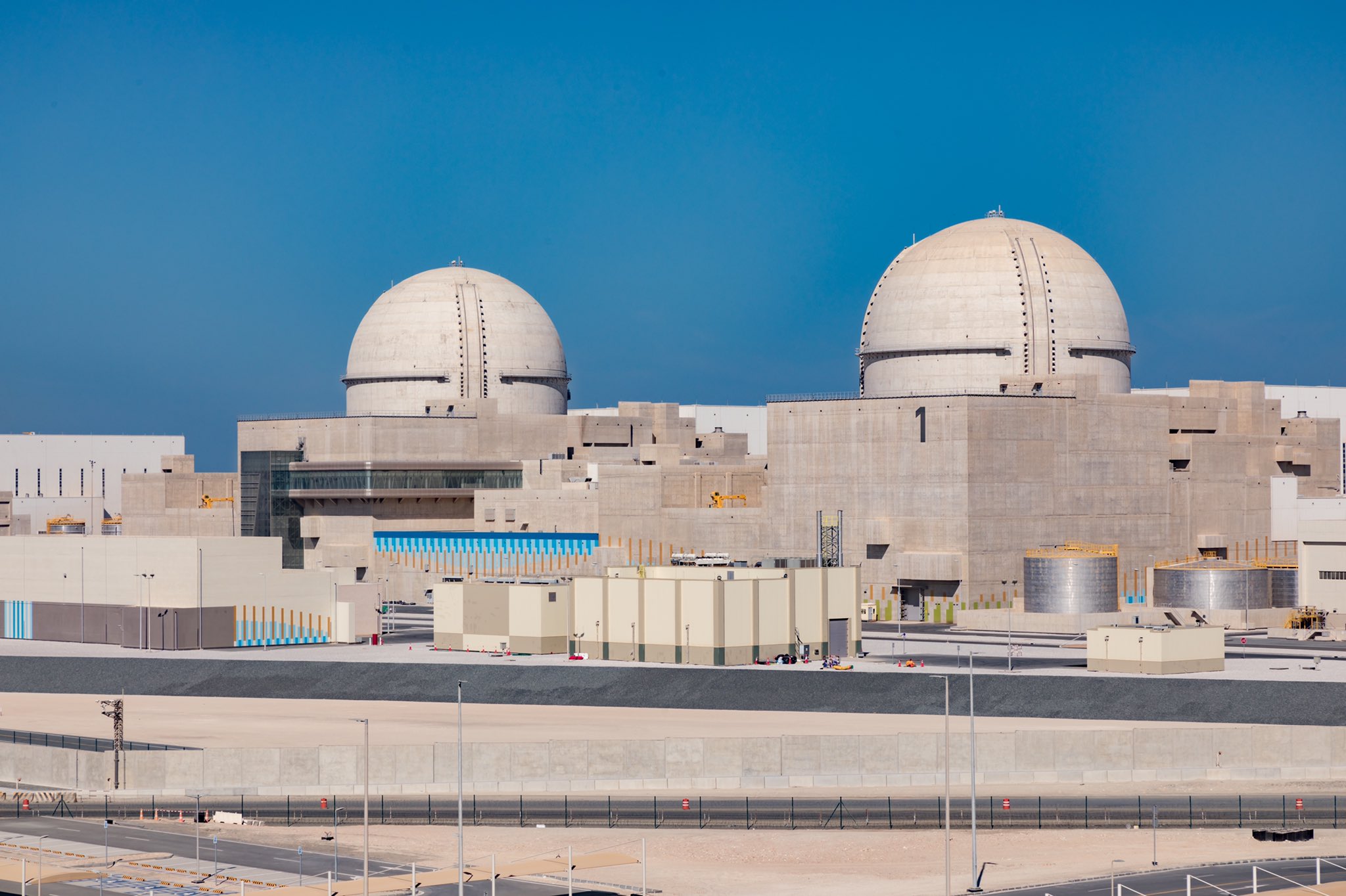
-

UAE and US partners are leveraging AI to enhance energy sector efficiency. Notably, ADNOC is using Microsoft and G42 AI technology to optimize its operations.
-

The UAE’s international investment company, XRG, is supporting the expansion of low-carbon energy projects in the US, including by taking a stake in NextDecade’s Rio Grande LNG project in Texas.
-
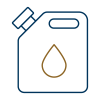
Strategic agreements between the UAE and US will potentially enable $60 billion of US investments in UAE energy projects, including projects by ExxonMobil and Occidental in the UAE’s Upper Zakum and Shah Gas Fields, as well as a new unconventional oil exploration concession granted to US-based EOG in Abu Dhabi’s Al Dhafra region.
-
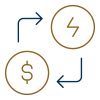
ADQ and Energy Capital Partners (ECP), the largest private owner of power generation and renewables in the USA, announced a $25 billion 50:50 joint investment to develop new energy infrastructure. The partnership is dedicated to service growing AI power needs
-

The UAE, with support from the US private sector, launched ALTÉRRA, the world's largest catalytic private investor for energy and sustainability projects in emerging markets.
-

Masdar, the leading alternative energy company in the UAE, acquired a 50% stake in US-based Terra-Gen. The acquisition supports local jobs and economic growth across 30 US power sites, predominantly in California and Texas.
-

The UAE and US launched the Partnership for Accelerating Clean Energy (PACE) Initiative, which aims to aims to catalyze $100 billion in financing and investments to deploy 100 GW of alternative energy globally by 2035.
-
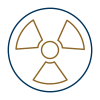
The Emirates Nuclear Energy Corporation (ENEC), the UAE’s nuclear energy development organization, and TerraPower, a US nuclear innovation company, signed a Memorandum of Understanding in 2023 to explore commercializing Natrium1 technology.
"The UAE and US are forging a new era of energy and sustainability cooperation that unlocks growth, drives prosperity, ensures security, and unleashes unprecedented economic opportunity."
– Ambassador Yousef Al Otaiba
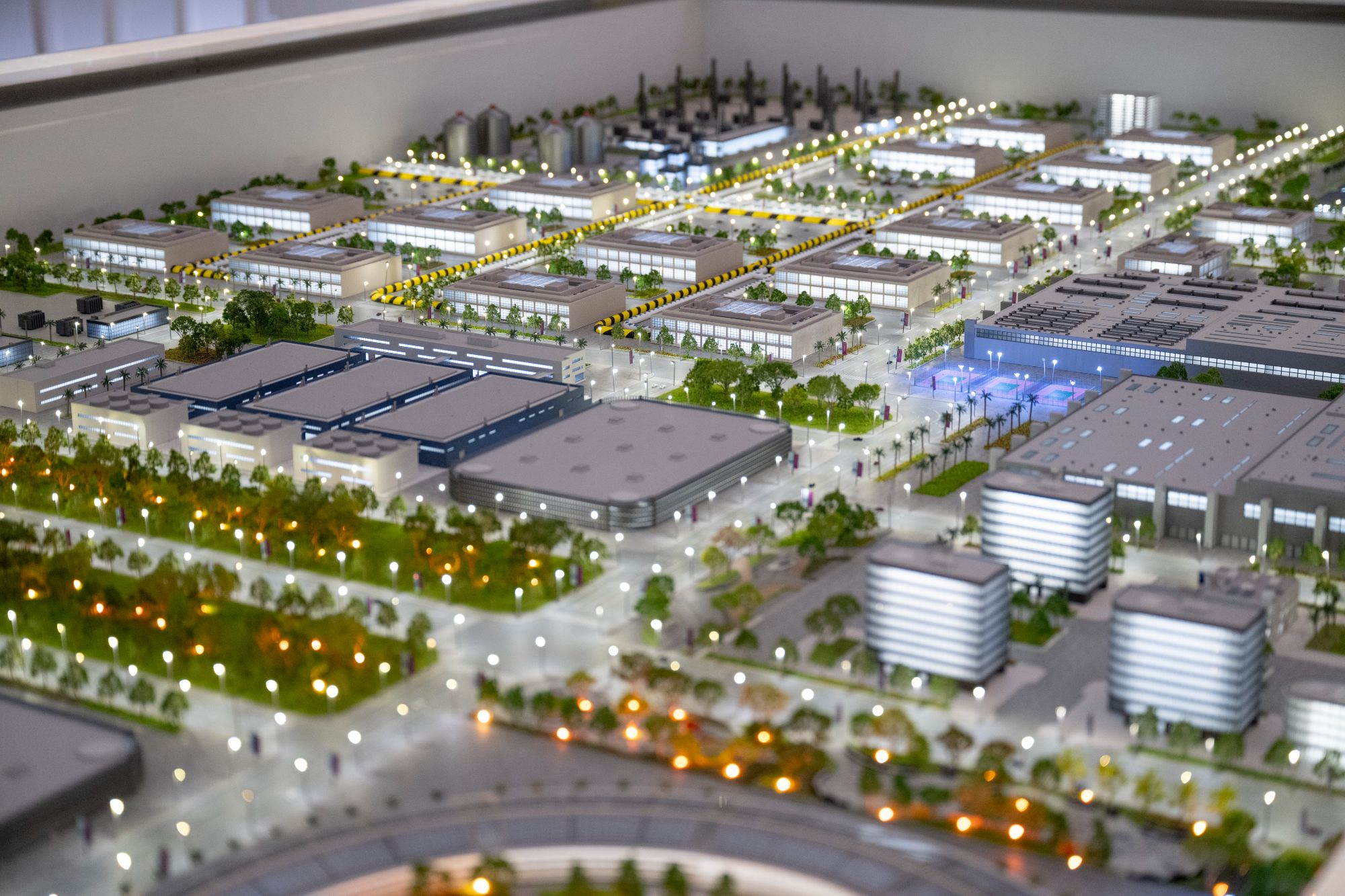
May 2025
UAE and US Announce New 5GW AI campus in Abu Dhabi
The UAE and US announced the unveiling of a 5GW AI campus in Abu Dhabi, the largest outside the US, which will deploy nuclear, solar, and gas power to minimize carbon emissions and use AI-powered insights to make energy systems more efficient.
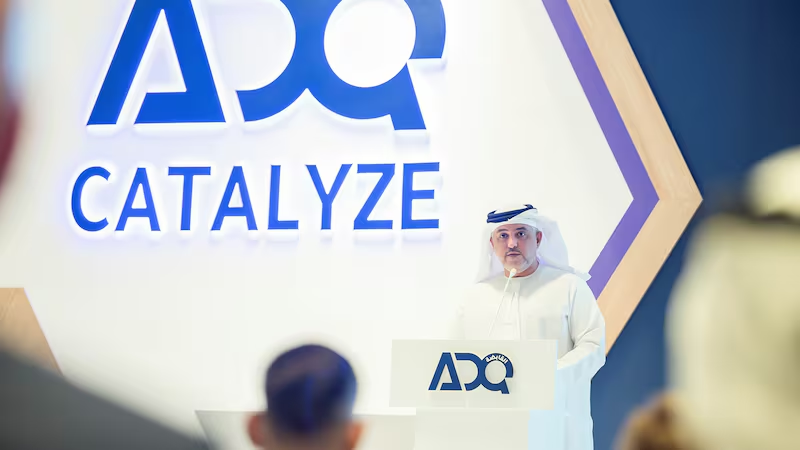
March 2025
ADQ partners with ECP for $25 billion AI data center energy project
ADQ and Energy Capital Partners (ECP), the largest private owner of power generation and renewables in the US, announced a $25 billion 50:50 joint investment to develop new energy infrastructure.
Emirates Global to Invest in New US Aluminum Smelter
Emirates Global Aluminum announced plans to invest in the first new aluminum smelter in the United States in 35 years.
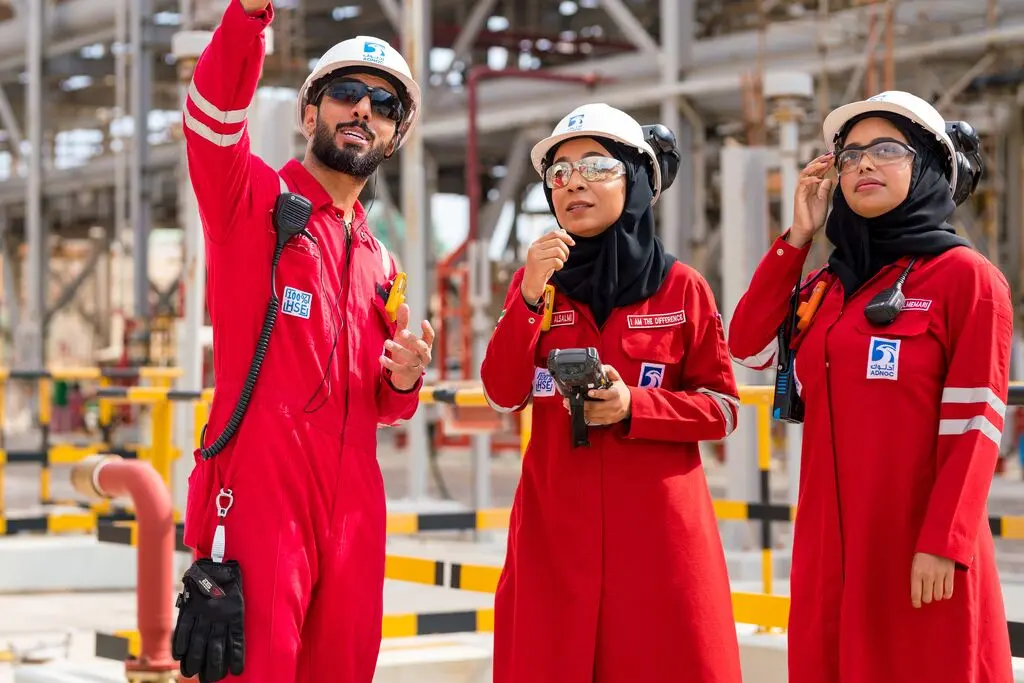
February 2025
XRG Supports Expansion of Low Carbon Energy Projects
ADNOC shifted US LNG assets to XRG, including NextDecade Corp.’s LNG export project.
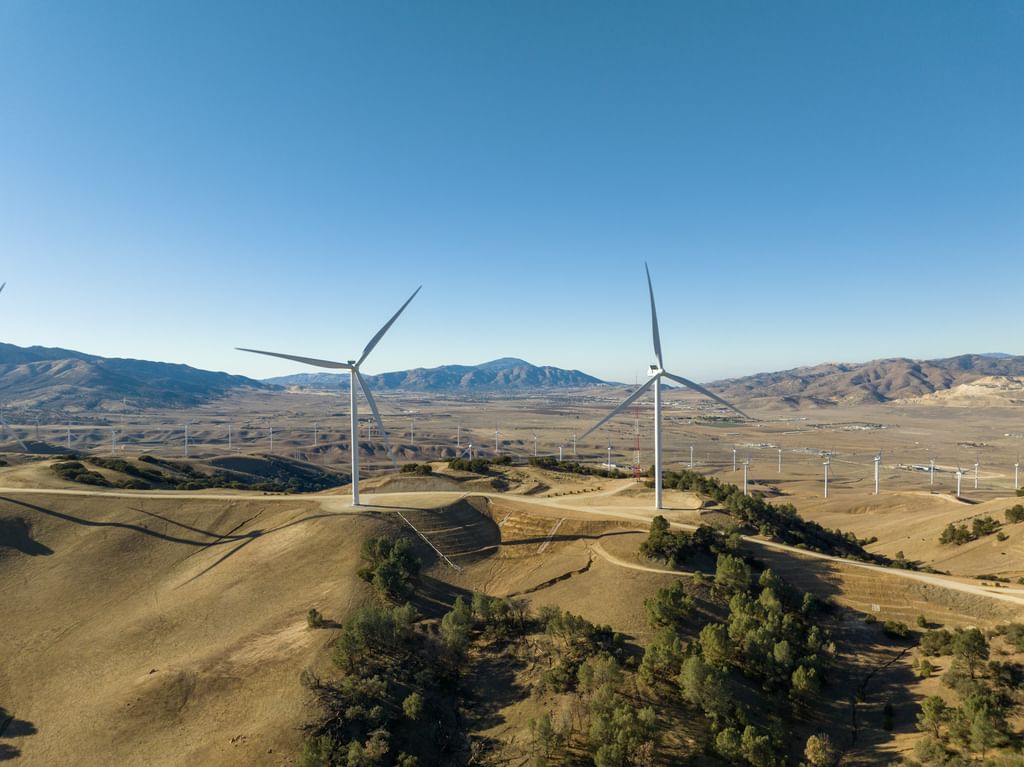
September 2024
UAE’s Masdar Accelerates US Renewables Expansion
Masdar announced the closing of its acquisition of a 50% stake in Terra-Gen, one of the largest independent renewable power producers in the US. UAE company Masdar first invested in the US in 2019. The 2024 deal expanded its portfolio of utility-scale wind, solar and storage assets to over 3 GW across Texas, New Mexico, Nebraska, and California.
UAE President HH Sheikh Mohamed bin Zayed and US President Joe Biden reaffirm UAE-US PACE commitments
In a meeting at the White House in September 2024, UAE President HH Sheikh Mohamed bin Zayed and US President Joe Biden underscored their shared commitment to address climate change and build a sustainable future. The two leaders reinforced the Partnership for Accelerating Clean Energy (PACE) as a key platform for bilateral cooperation and commercial agreements to advance the energy transition.
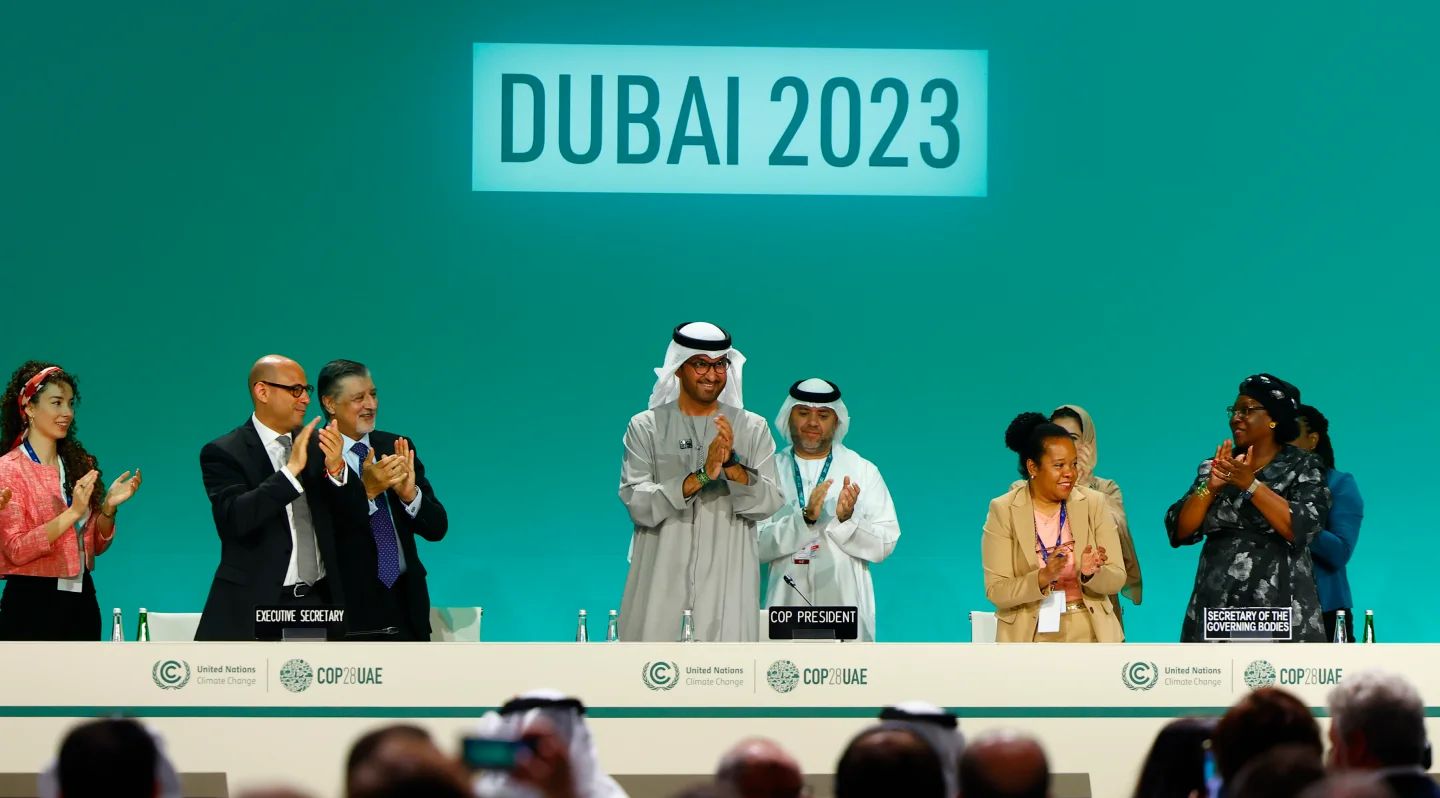
December 2023
UAE Hosts COP28: Delivers Historic Package to Accelerate Climate Action
Cooperation between the UAE and US was instrumental in delivering results at COP28. US Climate Envoy John Kerry and UAE leader mobilized international action to reduce methane emissions, AIM for Climate garnered $17B and enlisted 600 global partners to make food more sustainable, the Gates Foundation and UAE government directed new resources to address climate health impacts, and the UAE’s Masdar expanded plans for renewable energy investments in the US.
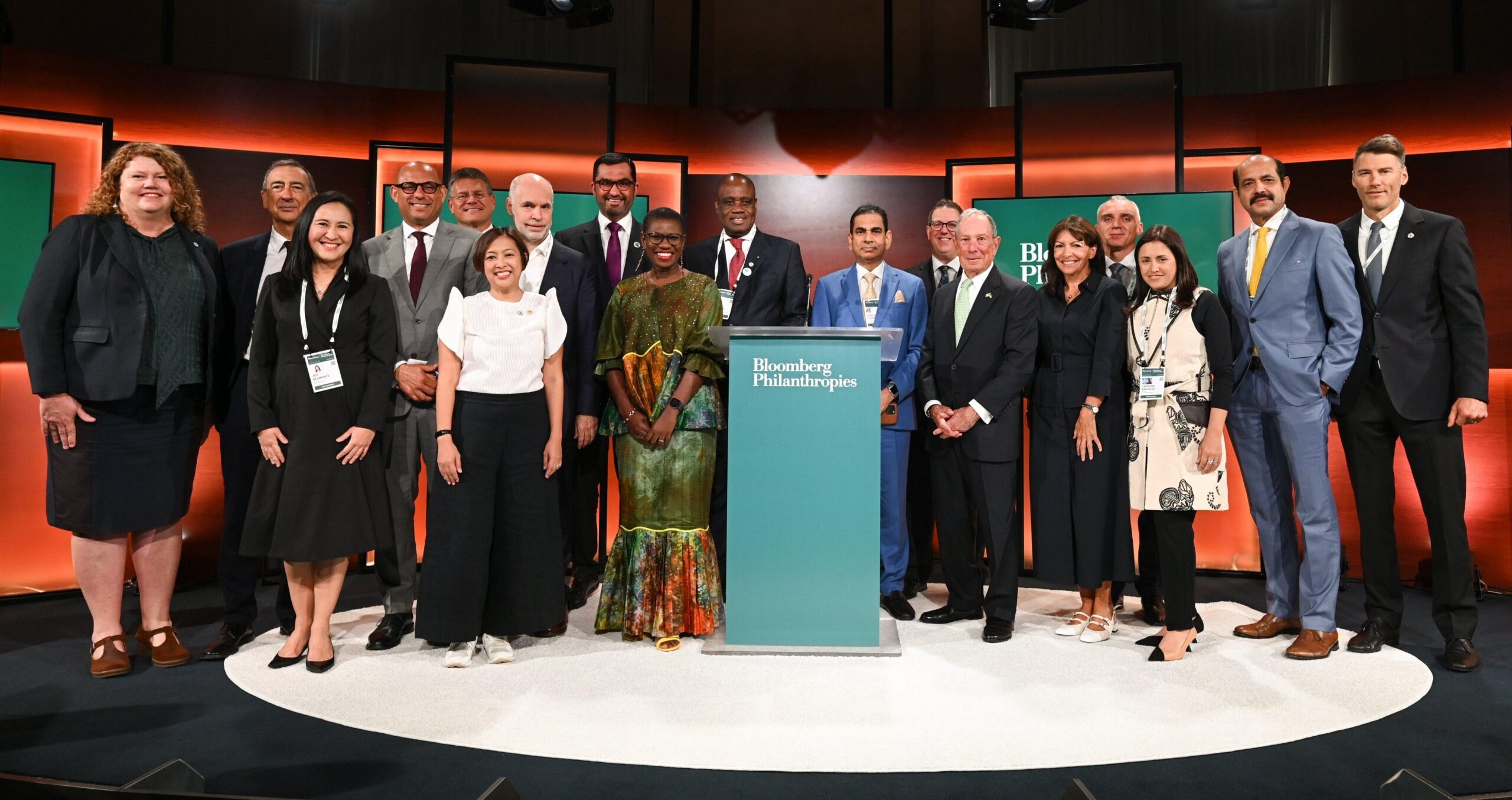
September 2023
Bloomberg and COP28 Presidency Partner to Engage Cities in Climate Action
Michael R. Bloomberg, the UN Secretary-General’s Special Envoy on Climate Ambition and Solutions and founder of Bloomberg L.P. and Bloomberg Philanthropies, joined with COP28 President-Designate Sultan Al Jaber at UNGA to announce the COP28 Local Climate Action Summit, which will include subnational leaders in the COP program and process.
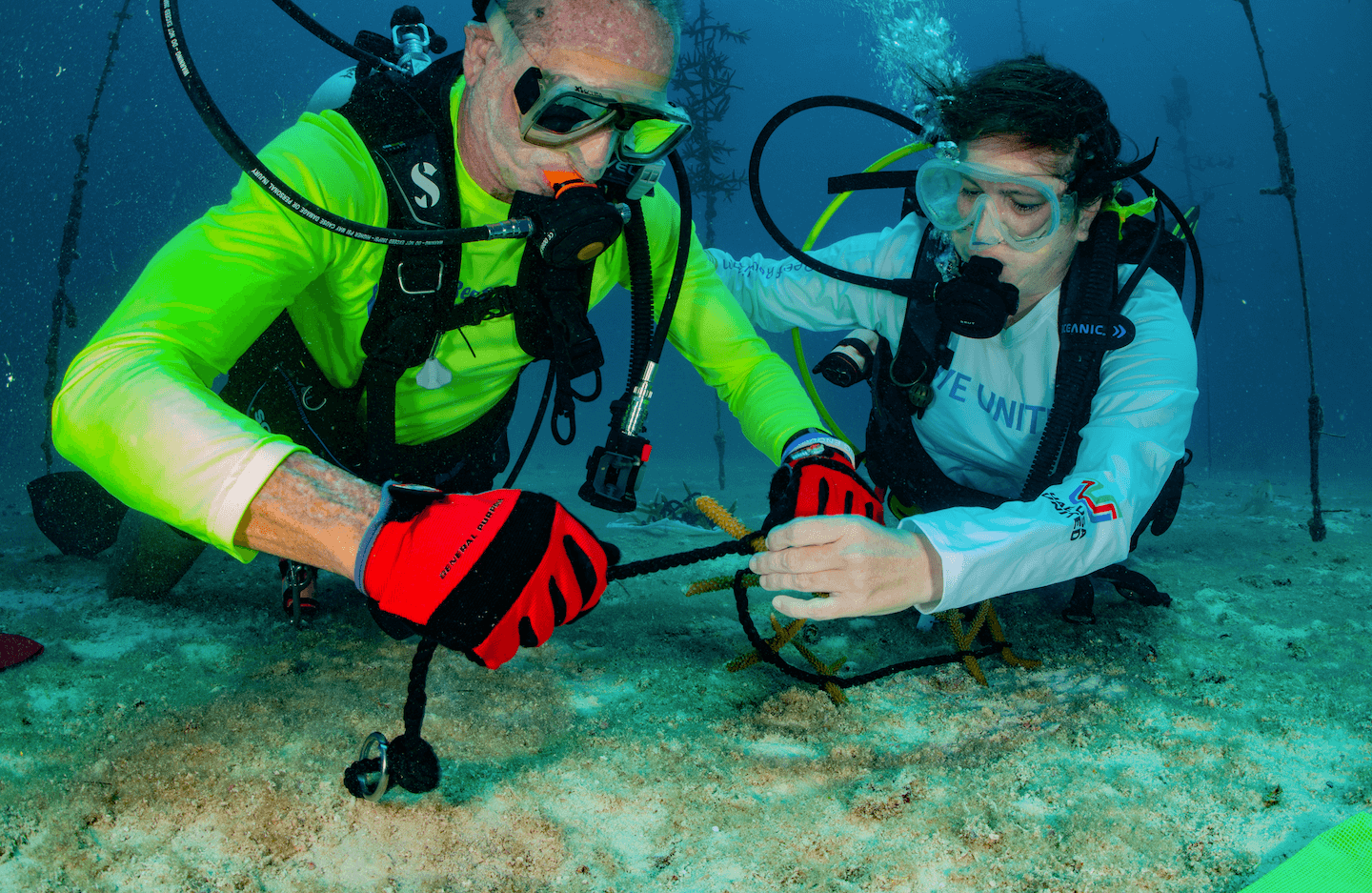
August 2023
UAE Provides Critical Funding to Reef Renewal USA
In response to the coral bleaching crisis in the Florida Keys, United Way of Collier and the Keys (UWCK) announced a collaborative effort with the United Arab Emirates, which provides funding of up to $50,000 to support Reef Renewal USA's coral rescue efforts.
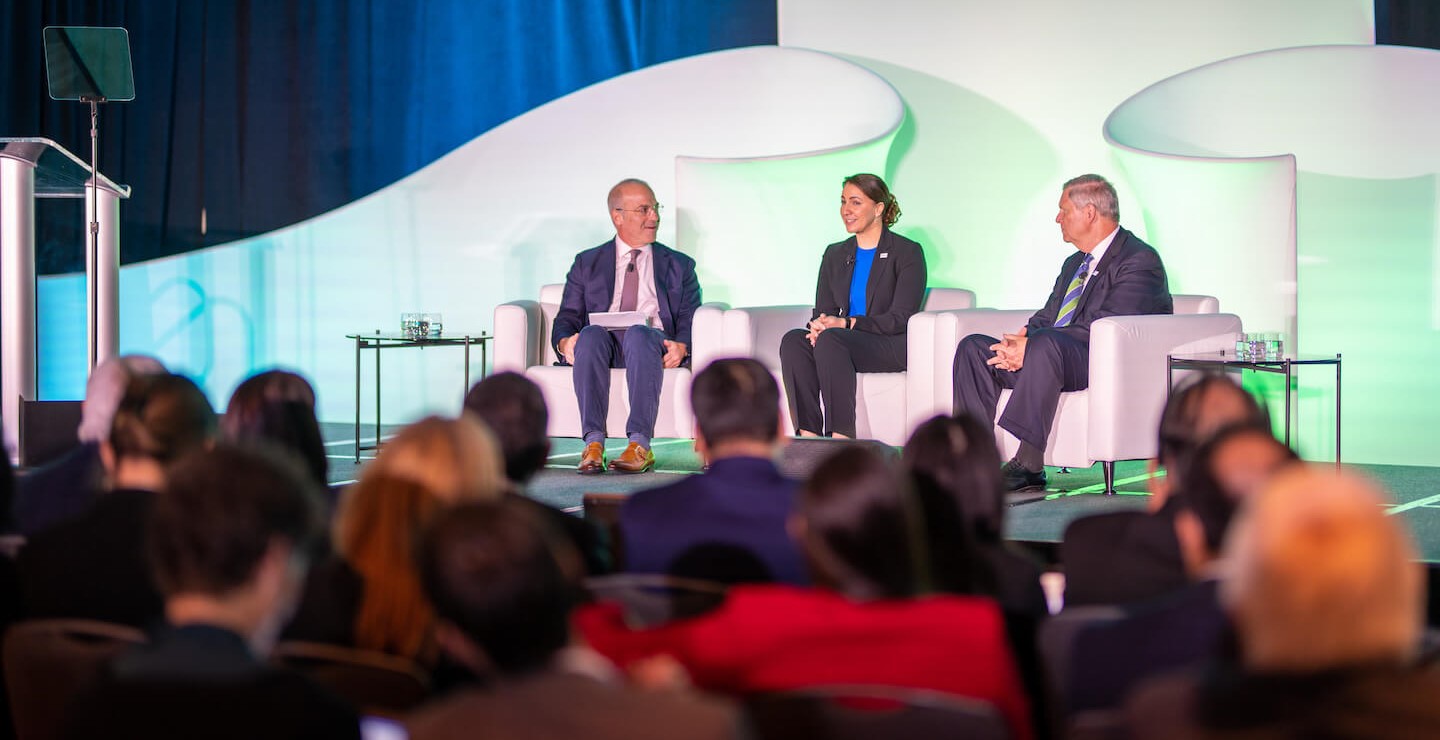
May 2023
Minister Almheiri and Secretary Vilsack Expand Investment in Sustainable Agriculture
At the Agriculture Innovation Mission for Climate Summit in Washington, DC, UAE Minister of Climate Change and Environment Mariam Almheiri and Secretary of Agriculture Tom Vilsack announced that 500 partners and 50 nations have mobilized $13 billion to enhance food security.
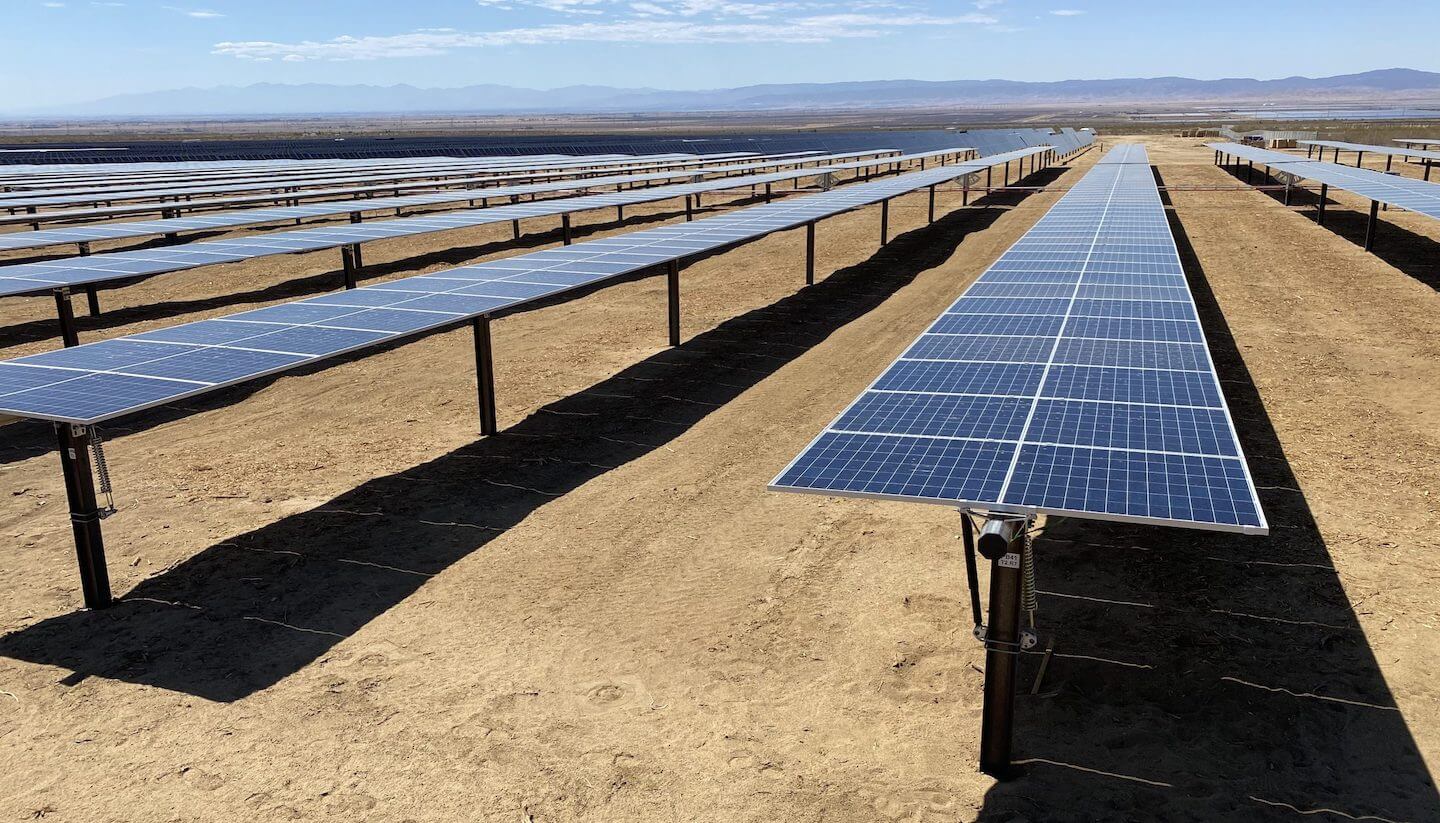
April 2023
Masdar Expands Presence in US with Acquisition of Big Beau Project
Masdar announced its acquisition of a 50% stake in the Big Beau solar and battery storage project in California, making it one of eight projects on which Masdar and EDF Renewables have agreed to partner, with a combined capacity of 1.6 gigawatts (GW).
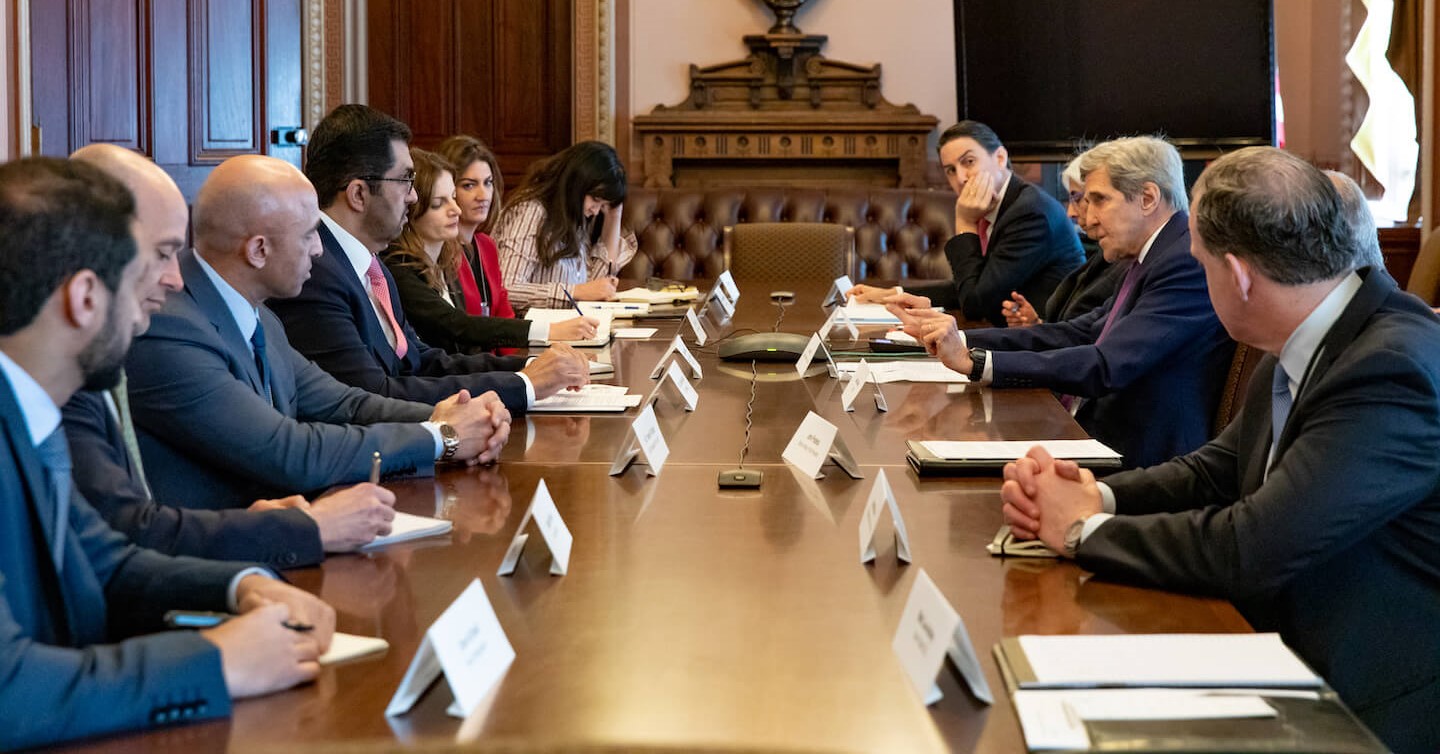
March 2023
Special Envoy Kerry and COP President-Designate Al Jaber Partner to Fight Climate Change
US Special Presidential Envoy for Climate John Kerry and COP28 President-Designate Dr. Sultan Al Jaber met at the White House to discuss opportunities for raising climate ambition and accelerating climate action on the road to COP28, including maintaining regular dialogue on climate investment.
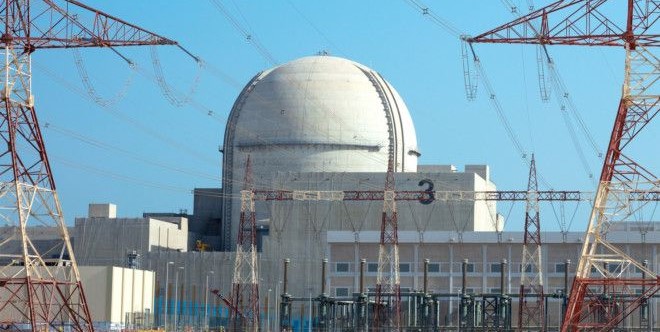
February 2023
Barakah Nuclear Power Station Unit 3 Begins Commercial Operation
Unit 3 at the Barakah nuclear power station began commercial operation, bringing total production from the first three units at the four-unit facility to up to 4,200 MW. Collaboration with the US has been key to the UAE becoming the first country in the MENA region to deploy zero-emission nuclear energy. In 2009, A US-UAE bilateral agreement for peaceful nuclear cooperation went into effect, enhancing international standards of nuclear non-proliferation, safety and security.
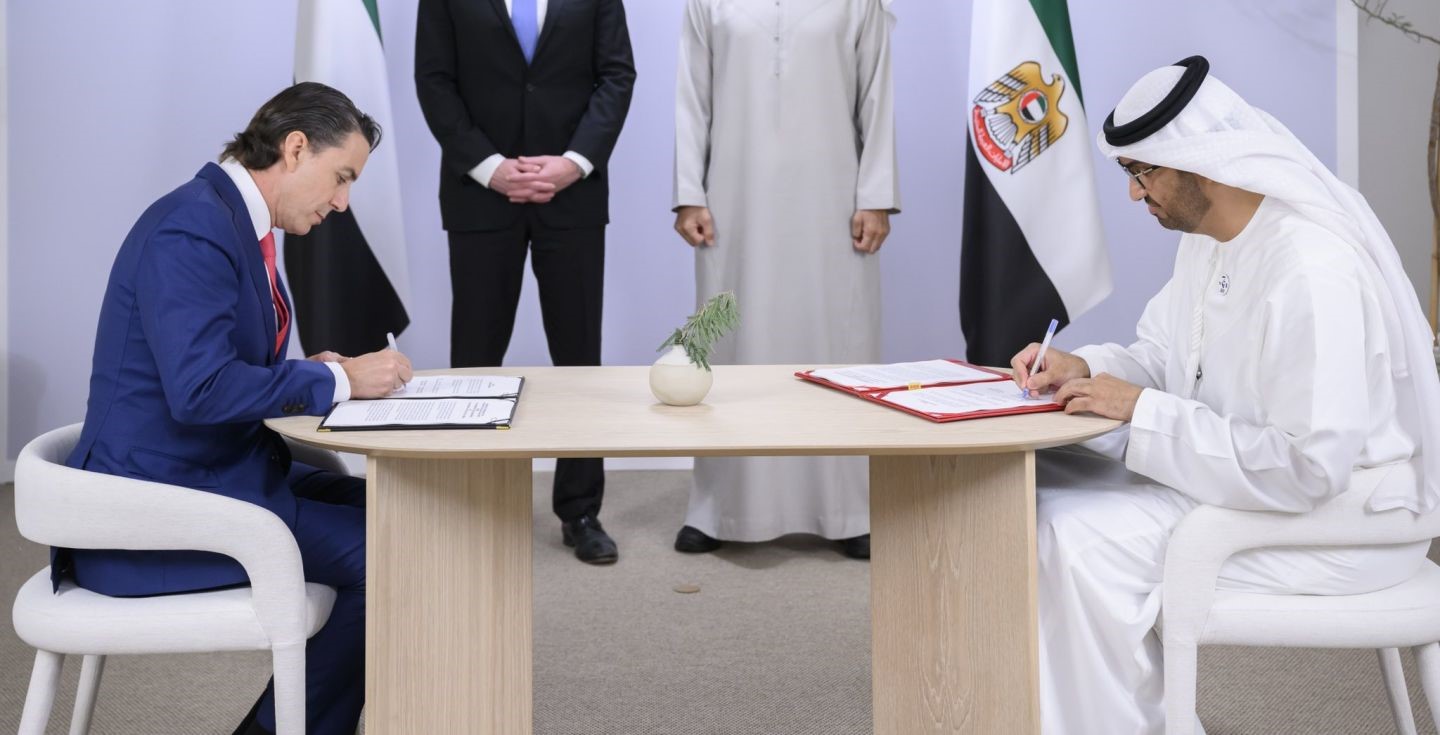
November 2022
UAE and US Launch the Partnership for Accelerating Clean Energy (PACE)
The UAE and US launched the UAE-US Partnership for Accelerating Clean Energy (PACE), which will mobilize $100 billion and deploy 100 new gigawatts (GW) of clean energy in the US, UAE and emerging economies around the world by 2035.
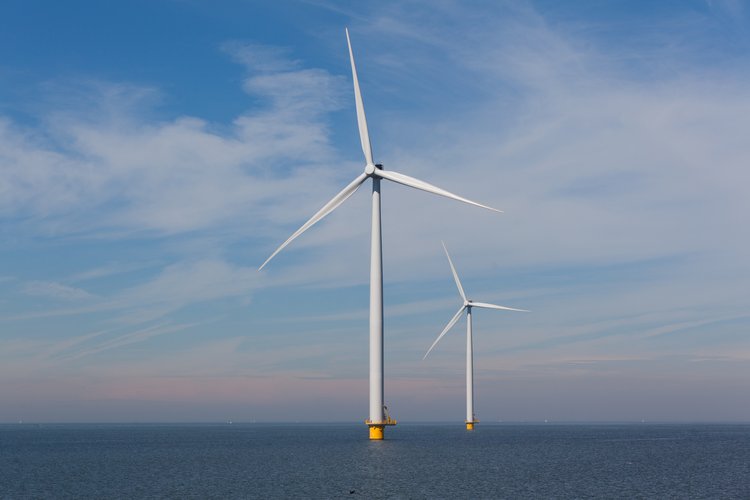
October 2022
UAE and US Launch the Partnership for Accelerating Clean Energy (PACE)
The UAE and US launched the UAE-US Partnership for Accelerating Clean Energy (PACE), which will mobilize $100 billion and deploy 100 new gigawatts (GW) of clean energy in the US, UAE and emerging economies around the world by 2035.
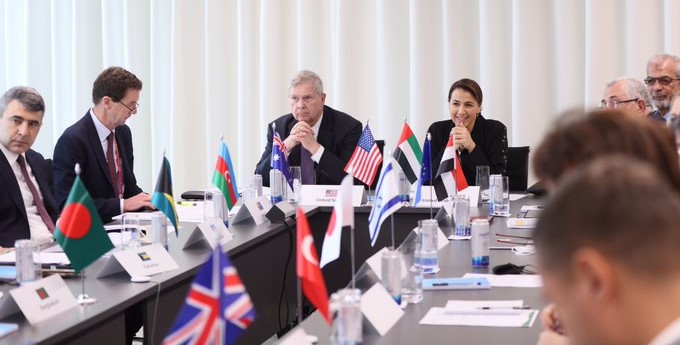
November 2021
UAE and US Launch AIM for Climate
The UAE and US launched the Agriculture Innovation Mission for Climate (AIM for Climate), a coalition of over 500 partners and 50 countries that accelerates innovation in agriculture and food systems to enhance food security. Learn more about AIM for Climate.
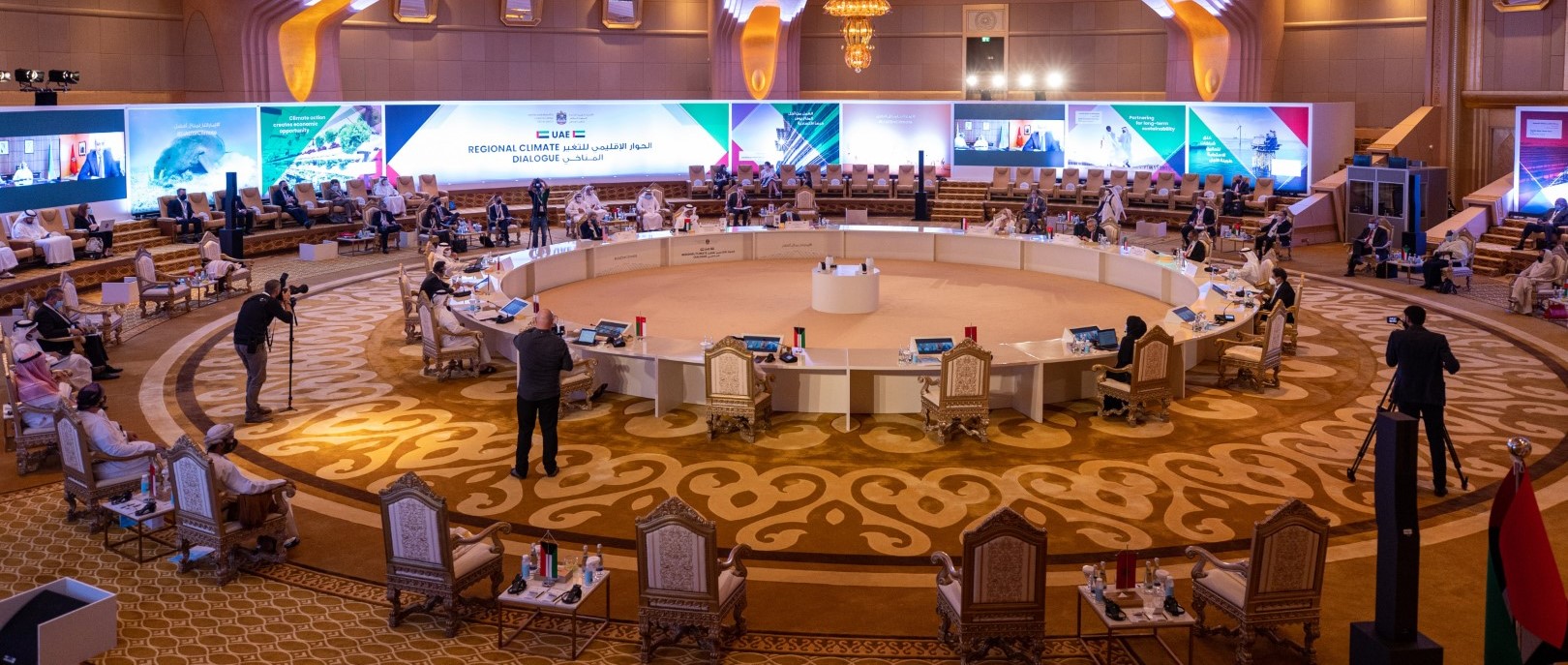
April 2021
US and UAE Host First Regional Climate Dialogue in Abu Dhabi
The two countries jointly hosted the first Regional Climate Dialogue in Abu Dhabi, where countries from the GCC and MENA region committed to reducing emissions by 2030, work collectively to help the region mobilize investment in a new energy economy.
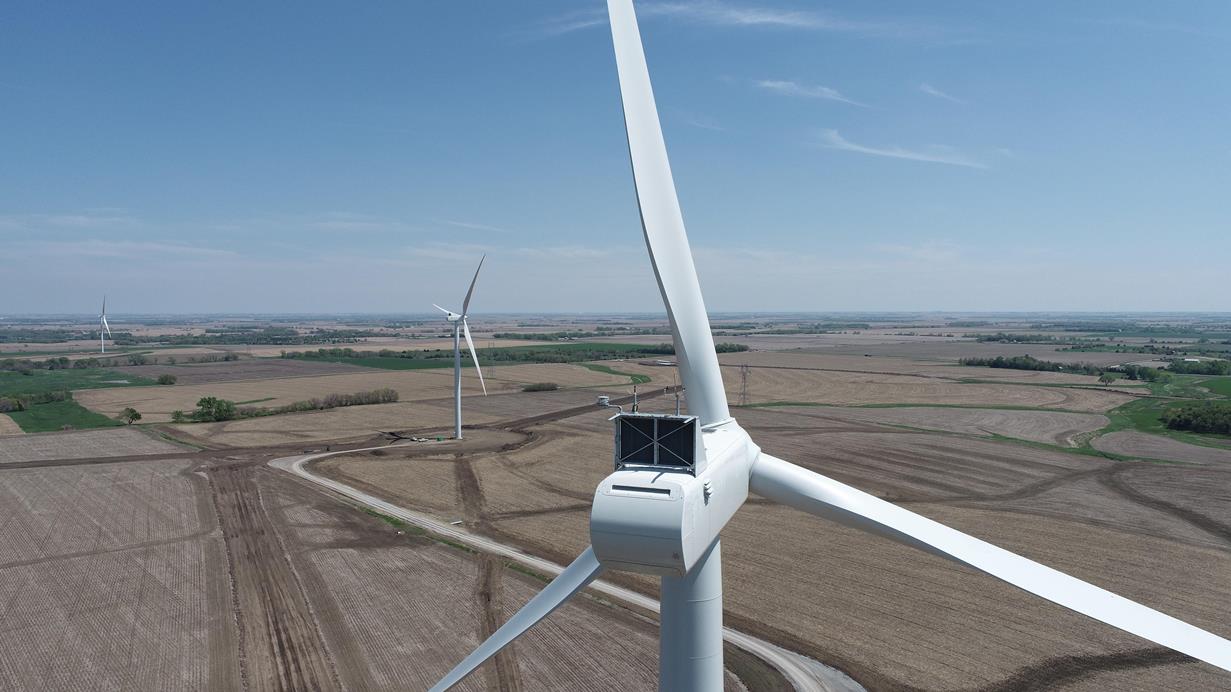
August 2020
Masdar Announces Investment in US Renewable Energy Projects
Masdar announced a second investment that supported the development of eight clean energy projects comprising 1.6 GW across the US. This includes three utility-scale wind farms in Nebraska, Texas and New Mexico and five photovoltaic solar projects in California to help power local communities.
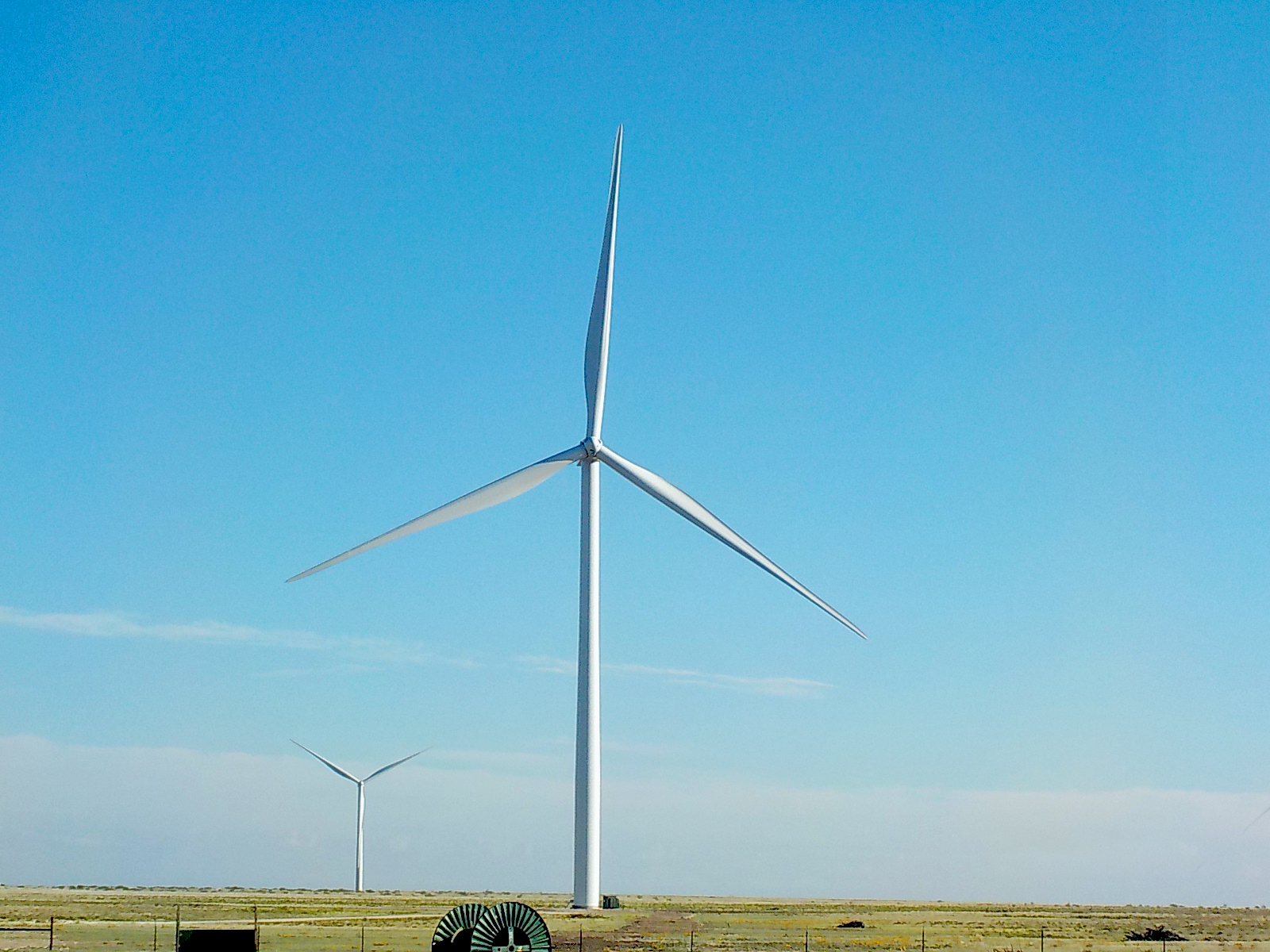
January 2019
Masdar Invests in US Renewable Projects for the First Time
UAE company Masdar invested in renewable energy projects in the United States for the first time, acquiring wind farms in New Mexico and Texas.
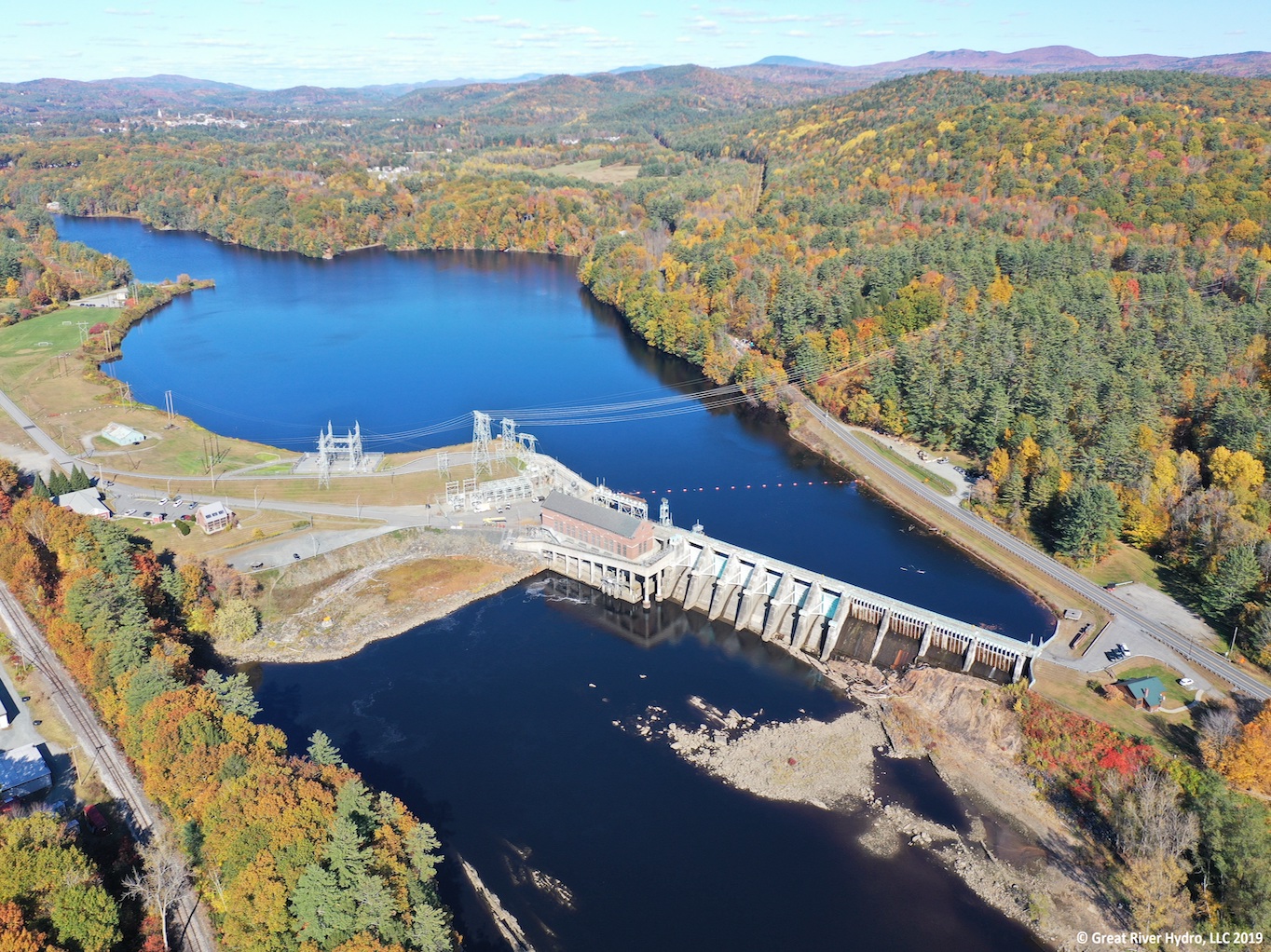
January 2017
ADIA Purchases Large Stake in Arevon Energy
The Abu Dhabi Investment Authority, through its affiliates, purchased a large stake in Arevon Energy, a leading renewable energy development firm operating one of the largest portfolios of solar projects in the US. In addition, ADIA is a significant minority investor in Great River Hydro, which produces renewable, carbon-free electricity in New England.
About AIM for Scale:
Together, the UAE and the Gates Foundation launched AIM for Scale at COP28 in 2023 in Dubai. This initiative will deliver cutting-edge solutions to transform global food systems and revolutionize food production. AIM for Scale builds upon a previous UAE-US led initiative that mobilized $17B and 600 global partners for more sustainable food production. AIM for Scale is working to enhance food security and scale up agricultural innovations for farmers around the world. Learn more.
The UAE and US share a commitment to protecting the environment.
